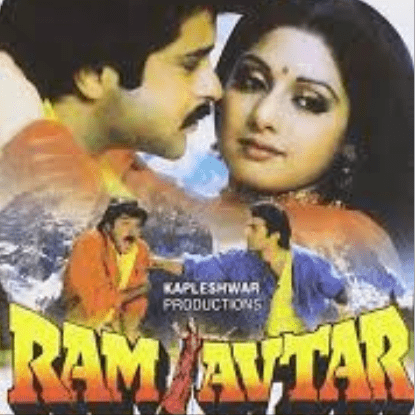Movie Case Study
The scene that you saw shows Gundappa Swami (played by Shakti Kapoor) has come to Sangeeta (played by Sridevi). Sangeeta runs her factory and Swami is influencing the labor in the factory to not work for her. He conveys that he wants to make a settlement with Sangeeta regarding the same issue. However, his intention is to threaten Sangeeta.
In this blog, Learning Perspectives will explore the meaning of Settlement.
What is Settlement?
According to the English dictionary, settlement implies an agreement that puts an end to a conflict or dispute. Disputes are quite common in labor relations.
Labor relations are witnessed in big factories where many workers are employed. Workers form trade unions to demand better working conditions. Trade union leaders generally are the representative of the workers in front of the management.
Settlement and negotiations are the basis of these discussions.
Occasionally, individuals or group representatives reach a stalemate and are unable to resolve their differences through direct negotiations.
Third-Party Roles
In such cases, they may turn to a third party to help them find a solution. There are four basic third-party roles:
- Mediator
- Arbitrator
- Conciliator
- Consultant
Mediator
A mediator is a neutral third party who facilitates a negotiated solution by using reasoning and persuasion, suggesting alternatives, and the like. Mediators are widely used in labor-management negotiations and in civil-court disputes. The overall effectiveness of mediated negotiations is fairly impressive. The settlement rate is approximately 60% with negotiated satisfaction at about 75%. But the situation is the key to whether or not mediation will succeed; the conflicting parties must be motivated to bargain and resolve their conflict. Perceptions of the mediator are important to be effective, the mediator must be perceived as neutral and noncoercive.
Arbitrator
It is a third party with the authority to dictate an agreement. Arbitration can be voluntary (requested) or compulsory (forced on the parties by the court). The authority of the arbitrator varies according to the rules set by the negotiators. For instance, the arbitrator might be limited to choosing the negotiators’ last offer or to suggesting an agreement point that is nonbinding, or free to choose and make any judgment he or she wishes.
The big plus about arbitration over mediation is that it always results in a settlement. Whether or not there is a negative side depends on how “heavy-handed” the arbitrator appears.
Conciliator
It is a third-party link that provides informal communication between the negotiator and the opponent. Conciliation is used extensively in international labor, family, and community disputes. Comparing its effectiveness to mediation has proven difficult because the two overlap a great deal. In practice, conciliators act as more than mere communication conduits. They also engage in fact-finding, interpreting messages, and persuading disputants to develop agreements.








